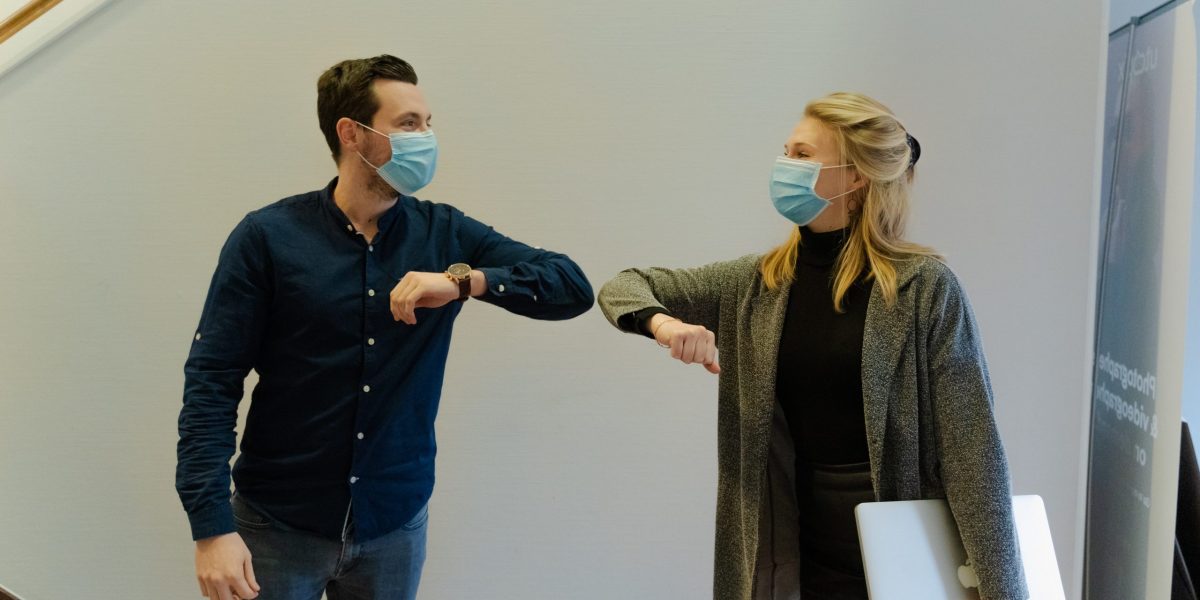
COVID – Where Are We At? October 2021

COVID continues to bring challenges through 2021. On October 14th OSHA forwarded its proposed language to the rule to the White House. We can expect announcements and updates at any time.
Here are a few baseline items to help us prepare for new advances in requirements:
- OSHA General Duty Clause Section 5(a)(1) of the OSH Act, can be cited by OSHA with or without additional language regrading COVID, vaccines or related items.
This section of the Act requires employees to furnish a workplace free of recognized hazards that are causing or are likely to cause death or serious physical harm to his employees. This
- Have A Plan (regardless of the size of the organization)
All employers should have a plan that is routinely revised to stay current with evolving Federal, State and Local requirements. Plans should include essential components to provide a safe workplace. This should include items such as instructions for employees who are, or suspect being sick, quarantine and post exposure disinfection, determination of workplace exposure, etc.
Plan as if an outbreak will occur. Build in your contingencies and instructions and training for employees. An established written plan and communication of the plan will help ensure employee understanding of the requirements and how to proceed should conditions require changes in the process.
- Vaccine Mandates.
Vaccine mandates can be a challenge for employers as employees may push back in various ways. Companies should establish procedures requiring vaccinations to meet rules, regulations and/or customer requirements based on both health and HR related regulations and be consistent in enforcing them.
There are protected classes for required vaccinations which include Religions Objection (more than a strong personal opinion) and Medical Exemption (disability/ADA). These exemptions should be properly documented.
Note: Exemptions will not relieve the employee or employer of following related or alternative requirements such as routine testing for those who are not vaccinated.
- Adverse Reactions to Vaccinations
Vaccine related injuries are discussed in other Innovise log postings. However, here are a few quick notes:
In general, employers are not liable for adverse reactions to required vaccines. People having adverse reaction may be able to seek various levels relief under the Federal Vaccination Injury Compensation program or workers compensation.
Please see the flow charts for Vaccine related information as provided by Gregory B. Cairns Esq. for “Vaccine Injuries in Colorado” and “Vaccination Injuries – Another Flow Chart for Legal Triaging”.
Innovise can assist you with your COVID programs and questions.



